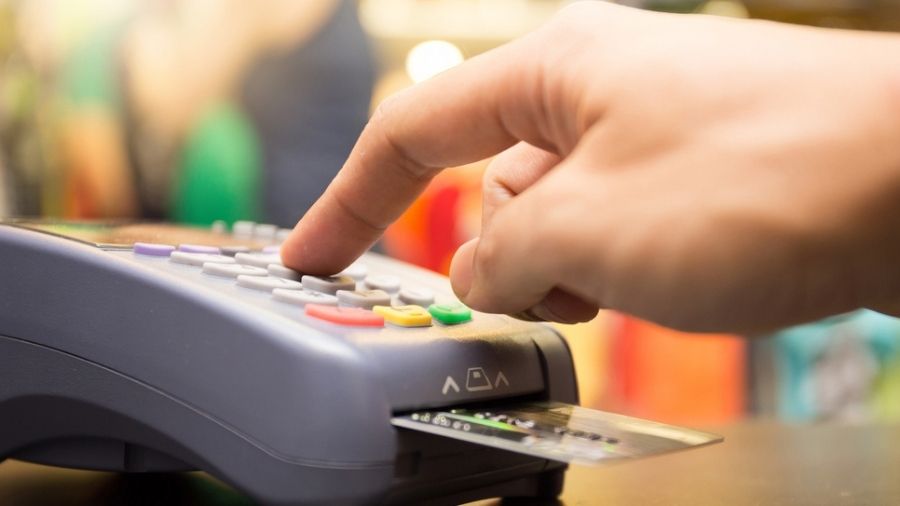In a bid to promote digital transactions, the Reserve Bank on Friday proposed to increase the per transaction limit from Rs 2 lakh to Rs 5 lakh through Immediate Payment Service (IMPS).
IMPS managed by the National Payments Corporation of India (NPCI) is an important payment system providing 24x7 instant domestic funds transfer facility and is accessible through various channels like internet banking, mobile banking apps, bank branches, ATMs, SMS and IVRS.
With RTGS now operational round the clock, there has been a corresponding increase in settlement cycles of IMPS, thereby reducing the credit and settlement risks.
"In view of the importance of the IMPS system and for enhanced consumer convenience, it is proposed to increase the per transaction limit from Rs 2 lakh to Rs 5 lakh," RBI Governor Shaktikanta Das said while announcing measures after the bi-monetary monetary policy review.
This will lead to further increase in digital payments and will provide an additional facility to customers for making digital payments beyond Rs 2 lakh, he said, adding, necessary instructions in this regard would be issued separately.
In addition, the Reserve Bank also proposed to introduce a framework for retail digital payments in offline mode across the country.
The Statement on Developmental and Regulatory Policies dated August 6, 2020 had announced a scheme to conduct pilot tests of innovative technology that enables retail digital payments even in situations where internet connectivity is low or not available (offline mode).
Three pilots were successfully conducted under the Scheme in different parts of the country during the period from September 2020 to June 2021 involving small-value transactions covering a volume of 2.41 lakh for value of Rs 1.16 crore.
"Given the encouraging experience gained from the pilot tests, it is proposed to introduce a framework for retail digital payments in offline mode across the country. This will further expand the reach of digital payments and open up new opportunities for individuals and businesses," Das said.
He further said, ensuring wider availability of payments acceptance (PA) infrastructure throughout the country has been one of the priority areas for financial inclusion.
To target areas with deficient PA infrastructure, he said, it is proposed to introduce a framework for leveraging geo-tagging technology for capturing exact location information on all existing and new PA infrastructure viz., Point of Sale (PoS) terminals, Quick Response (QR) Codes, etc.
This would complement the Payment Infrastructure Development Fund (PIDF) framework of the Reserve Bank in ensuring wider geographical deployment of PA infrastructure, he added.
Das said the Reserve Bank's Regulatory Sandbox (RS) has so far introduced three cohorts on Retail Payments'; Cross Border Payments'; and MSME Lending'.
With a view to provide further impetus to the fintech ecosystem, he said, a fourth cohort on Prevention and Mitigation of financial frauds' is being announced.
In addition, he said, based on the experience gained and the feedback received from stakeholders, it is proposed to facilitate On Tap' application for earlier themes for participating in the Regulatory Sandbox.
This measure is expected to ensure continuous innovation in the fintech ecosystem of our country.











